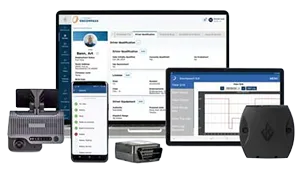News & Regulatory Alerts
Stay current on the critical safety and compliance news that impacts your business.
October 8, 2025
October 8, 2025
October 8, 2025
October 1, 2025
September 26, 2025
September 25, 2025
September 24, 2025
September 24, 2025
September 23, 2025
September 19, 2025
September 18, 2025
September 17, 2025
September 17, 2025
September 12, 2025
September 11, 2025
September 11, 2025
September 10, 2025
September 9, 2025
September 8, 2025
September 5, 2025
September 5, 2025
September 4, 2025
Showing 1 to 24 of 612 entries



